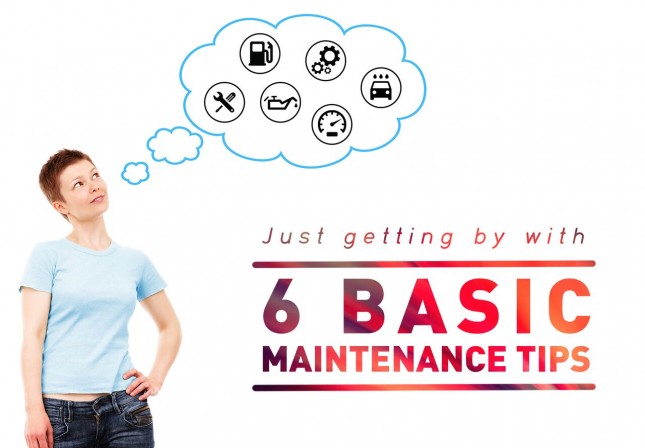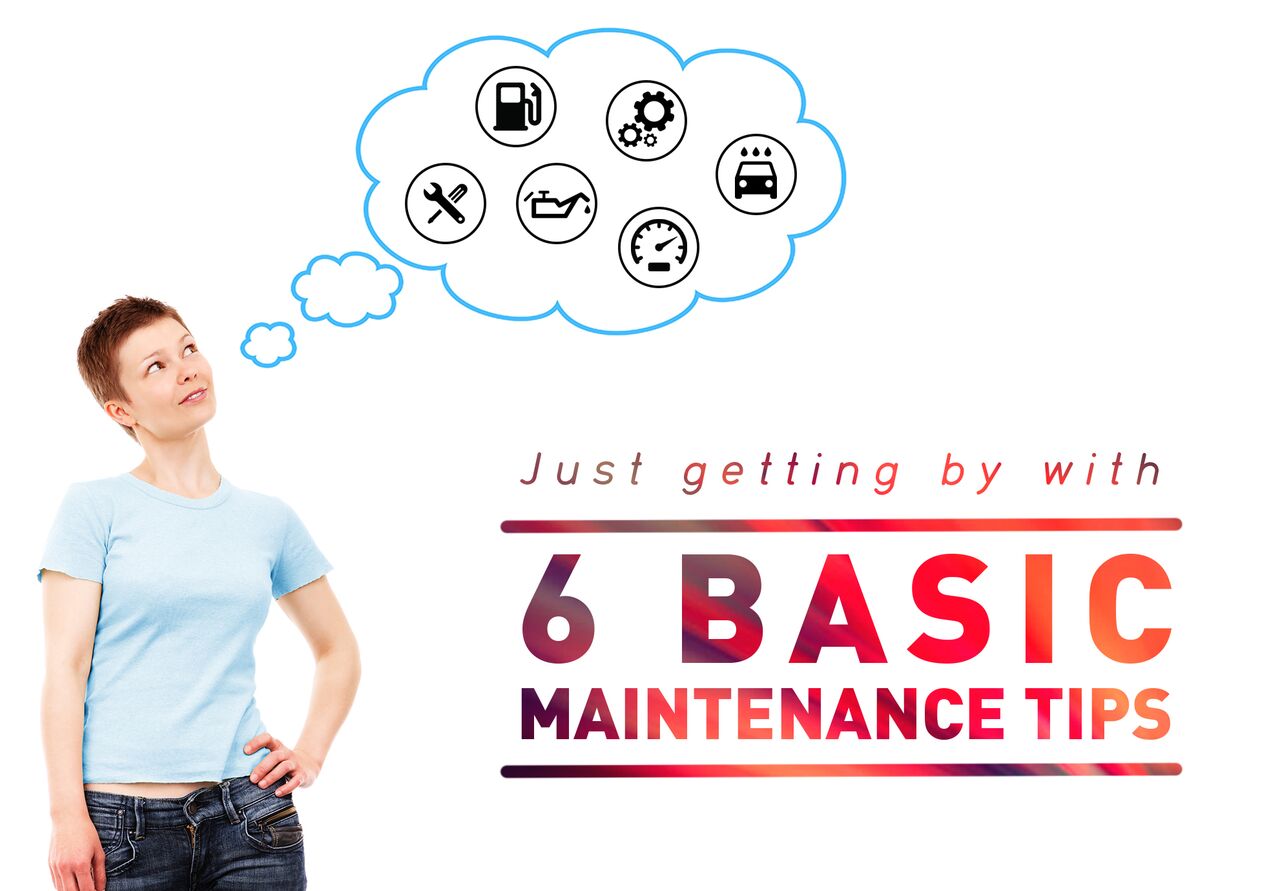
Women tend to get a bit of a break when it comes to car maintenance, which in my opinion, is a negative. The classic excuse, “my dad always took care of it” should no longer be accepted in the modern age of feminism and girl power that we live in. It’s easy to shrug off car maintenance when everything is running smoothly, but taking a few basic steps can impact the life of your vehicle in the long term. Here are the six basic maintenance tips you should know in order to take control of your auto care!
Changing and Checking your Oil.
This is one of the most simple, but most important steps that you can take in your regular car maintenance. Oil lubricates the metal parts of the engine that slide past each other and prevent friction. If the oil in your engine goes unchecked and unchanged, it can result in sludge building up and eventually, your engine seizing and your car meeting an untimely death. It’s generally suggested that you check your oil at least once a month, preferably more, and you change your oil every 3,000 to 10,000 miles, depending on the particular model year.
Checking your tire pressure.
Another simple and often forgotten step in your car maintenance is checking the tire pressure. Tire pressure can be one of the determining factors in your car’s performance, from gas mileage to cornering, braking, and stability. If your pressure is too high, you will be bouncing all over the road instead of the tire being planted firmly on the pavement. If your tire pressure is too low, too much friction is created and your tires can get worn prematurely or you can get into an accident caused by tire failure.
Most vehicles list the tire pressure requirements on the inside door of the driver’s side or in the owner’s manual. To check your tire pressure you will need a pressure gauge. It only takes a couple of minutes and can make a serious difference on how your car drives.
Filter Replacements.
In order to keep everything working smoothly, the car’s filter need to be clean and must allow air to flow through. A clogged filter can result in a loss of efficiency and power and build-up of unsavory substances in your engine. It’s recommended you change your air filter every 30,000 miles.
Checking your Fluids.
There is a lot of fluid running through your engine every time you turn it on, making sure everything runs properly. Even if you never learn how to change your antifreeze and power steering fluids, you should learn how to check them. If you keep monitoring your car’s fluid levels, it could potentially help you when a larger problem arises. Another important fluid is windshield wiper fluid, but you really don’t need someone to help you change that one, right ladies?
Checking your Spark Plugs.
It may seem daunting, but just making sure the spark plugs aren’t covered in buildup and residue can make a world of difference. In the average vehicle, the spark plugs need to be replaced every 30,000 miles, but you should check them about once a month.
Tire Rotation and Alignment.
This one really doesn’t require much on your part, other than you should make sure it gets done. Your car manual will tell you how often your particular make suggests you should have this done, but around every 8,000 miles or so is the general rule. It’s a simple procedure and it can improve your drive and car’s life exponentially.
Just taking a few minutes, once a month, and checking these few things can make an immense difference in the life of your car and how well it drives!
http://lifehacker.com/the-
https://www.veteransunited.





No Comments